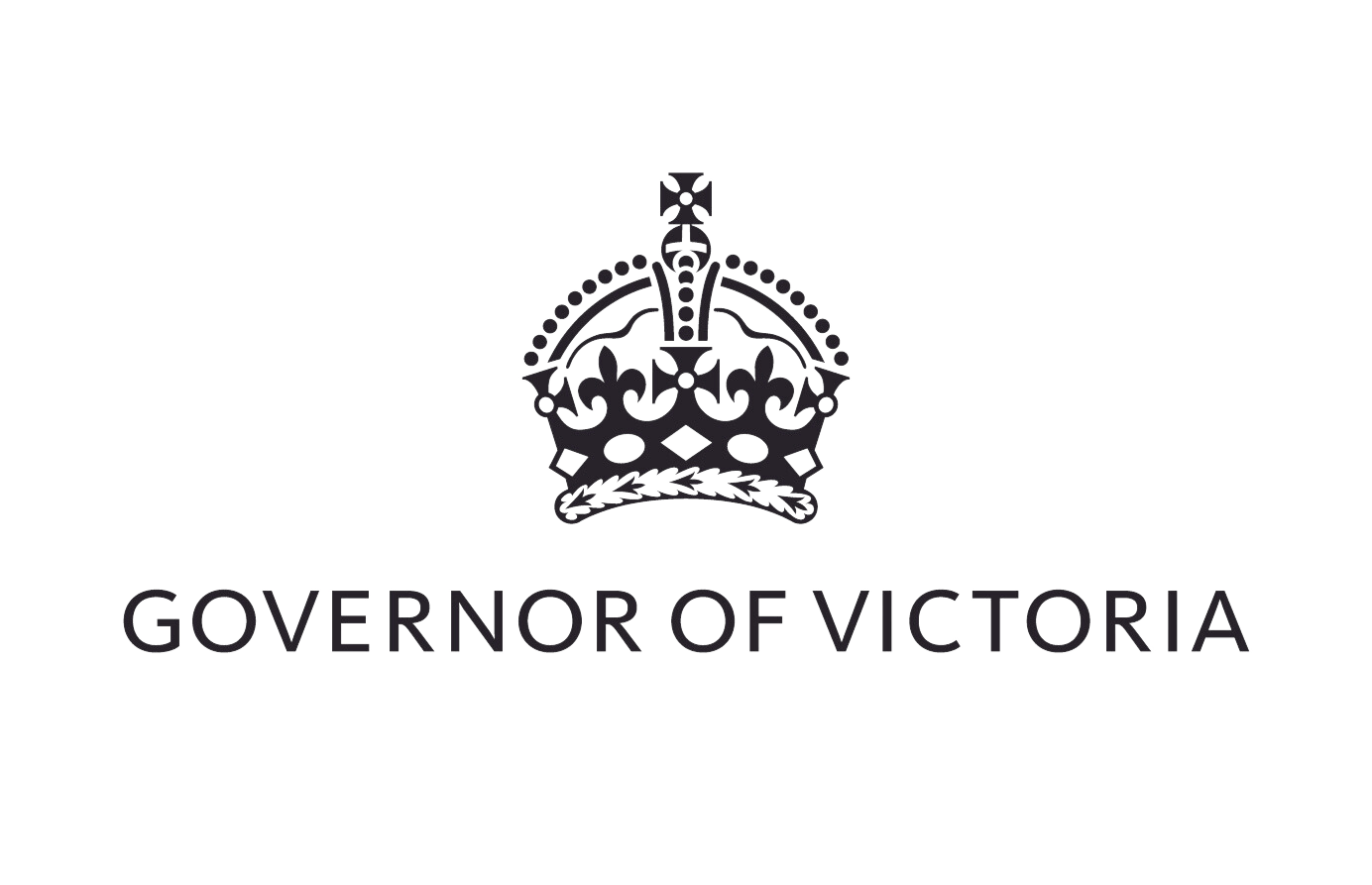Speech given by the Governor at the 2024 ANZAC Day Dawn Service.
I want to acknowledge the traditional owners of the land on which we are gathered – the Bunurong Boon Wurrung peoples of the Eastern Kulin Nation – and pay my respects to their Elders, past and present and thank, in particular, Uncle Mark Brown for his warm Welcome to Country this morning.
I also want to acknowledge those who have served or represent those who have served in the conflicts since that first Great War who are with us today – and thank you for your service.
War, Klaus von Clausewitz famously said, is the continuation of politics by other means.
Military historian John Keegan disputed this view, arguing that war exists in ‘a world apart, a very ancient world, which exists in parallel with the everyday world but does not belong to it.’
That war does exist in parallel with the everyday world is something of which we are reminded by the conflicts in our world today.
But what connects our everyday world with the terrors of war is the failure of diplomacy and politics because countries only cross the bridge from peace to war when politics fails and, ultimately, the price of the passage back from conflict is measured in human lives.
Every war inflicts untold suffering on the men and women who are called upon, through their service in these conflicts, to do the extraordinary and on all those not directly engaged in the conflict but often, so terribly, devastated by its impacts.
This day of remembrance began in the blood, the bravery and the sacrifices that marked the shores of Gallipoli – and that particular Anzac experience came to stand for the way we would, as a new nation, speak for and with our people.
As the great Australian poet Chris Wallace-Crabbe put it, when writing of Gallipoli, ‘At the core of the myth this truth is coiled like a snake, that the men who enact it cannot see what pattern they are tracing. The men who spoke Australia did not know what they wrought for it was only defined by the completion of their lives.’
The remembrance, in which we engage on Anzac Day, is about all those affected by war and conflict, most significantly, those who serve and have served – it is a memory about the impact of war.
Anzac Day matters not only because of the stories that were recorded but because of the stories that went unrecorded – those who volunteered their lives and were not singled out for mention.
We are here, then, to remember those who cannot be remembered. The lost, the forgotten, the unknown.
And we are here to promise to remember the human cost of conflict before we ever return to that parallel world of war.
This is why it is right that this year’s commemorations are shining a light on peacekeepers, peace makers and peace builders.
After all, the best way to honour the sacrifices of those who have served our nation in wartime, is to make every effort to promote and protect peacetime.
Since 1947, Australia has been involved in 62 multilateral security operations – in the pursuit of peace.
Our participation in peacekeeping operations began when Brigadier Lewis Dyke, Major David Campbell, Commander Henry Chesterman and Squadron Leader Louis Spence oversaw and reported on the conflict arising from Indonesia’s push for independence.
This year, for the first time, veterans of these peacekeeping operations are leading Melbourne’s Anzac Day Commemorative March.
The Australians who lost their lives in those peacekeeping missions, Australians from our police and defence forces, are listed – together with another 103,004 men and women – on the Australian War Memorial’s Roll of Honour.
All the names on the Roll of Honour matter – and they are written in the heart of our nation.
Their sacrifices raise a question impossible to answer. How many lives were saved as a result of their ultimate sacrifice?
I have no doubt that those who have served – in peacetime and war – have saved an untold number of lives.
On behalf of the people of Victoria, I want to take this opportunity to thank all those Australians for their sacrifices.
We are forever in your debt.
Yet, as we remember them on this Anzac Day in 2024, let us remember this day also marks 110 years since the first Australian casualties of World War One, 80 years since Australian forces won the battle for New Guinea, and 10 years since combat operations in Afghanistan ended.
Join with me in the hope that our commitment to peace will keep us from crossing that bridge to war once more – and save us for peace and the keeping of the peace.
Lest we forget.
